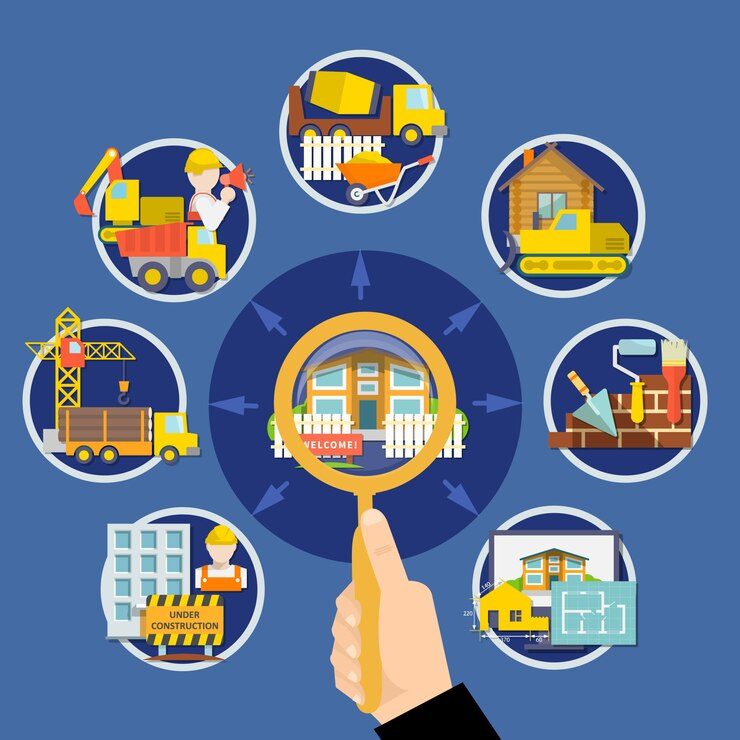Facility management is a multifaceted discipline that integrates people, processes, and technology to ensure the functionality, comfort, safety, and efficiency of the built environment. Effective facility management encompasses a wide range of tasks, from maintaining infrastructure to ensuring compliance with safety regulations. Understanding the fundamental aspects of quality facility management is crucial for organizations aiming to enhance productivity, reduce costs, and improve employee satisfaction.
One of the core components of quality facility management is strategic planning. This involves aligning facility management goals with the organization’s broader objectives. A strategic approach ensures that resources are allocated effectively, considering both current needs and future growth. Facility managers must assess the organization’s requirements and develop a comprehensive plan that encompasses space management, maintenance scheduling, and resource allocation. Regular reviews and updates to this plan are essential to adapt to changing circumstances and emerging trends.
Maintenance management is another critical aspect. It ensures that facilities are well-maintained, minimizing downtime and extending the life of assets. A proactive maintenance approach, often referred to as predictive or preventive maintenance, focuses on identifying potential issues before they become significant problems. Implementing a robust maintenance management system, including regular inspections and the use of technology for tracking and scheduling, can enhance operational efficiency and reduce costs associated with emergency repairs.
Another fundamental principle is sustainability and environmental stewardship. With growing concerns about climate change and environmental impact, facility management must prioritize sustainable practices. This can involve optimizing energy use, reducing waste, and incorporating green building practices. Implementing energy-efficient systems, such as LED lighting and smart HVAC systems, can significantly reduce a facility’s carbon footprint and operating costs. Furthermore, pursuing certifications like LEED (Leadership in Energy and Environmental Design) demonstrates a commitment to sustainability and can enhance an organization’s reputation.
Safety and compliance are paramount in quality facility management. Facility managers must ensure that buildings comply with local, state, and federal regulations, including health and safety codes. This involves regular inspections and audits to identify and address potential hazards, ensuring that emergency protocols are in place and staff are trained to respond effectively. A strong safety culture not only protects employees and visitors but also fosters trust and loyalty within the organization.
Technology integration has become increasingly important in facility management. The adoption of smart building technologies, such as the Internet of Things (IoT), can enhance operational efficiency and improve occupant experience. For example, smart sensors can monitor energy usage in real-time, enabling facility managers to identify inefficiencies and optimize resource use. Additionally, utilizing software solutions for tasks such as space management, work order tracking, and asset management can streamline operations and improve decision-making.
Space management is another fundamental element. Understanding how space is utilized within a facility is crucial for optimizing efficiency and enhancing employee productivity. Facility managers must assess space allocation, occupancy rates, and workflow patterns to make informed decisions about layout changes, renovations, or consolidations. Flexible workspace solutions, such as hot-desking and co-working environments, can adapt to changing needs and promote collaboration.
Communication and stakeholder engagement are vital for successful facility management. Facility managers must establish clear lines of communication with various stakeholders, including employees, management, and external contractors. Engaging with staff to gather feedback on facility conditions and needs can lead to improved service delivery and higher satisfaction levels. Regular updates and transparent communication regarding facility initiatives foster a sense of ownership and accountability among all parties involved.
Financial management is also a key component of quality facility management. Facility managers must develop and manage budgets effectively, ensuring that resources are allocated wisely. This involves analyzing operational costs, identifying cost-saving opportunities, and making informed decisions regarding capital investments. Developing a comprehensive financial strategy that considers both short-term and long-term goals can enhance overall financial performance.
Finally, performance measurement and continuous improvement are essential for quality facility management. Establishing key performance indicators (KPIs) allows facility managers to assess the effectiveness of their strategies and identify areas for improvement. Regular reviews and assessments facilitate the identification of trends and patterns, enabling informed decision-making and the implementation of best practices.
In conclusion, quality facility management is a dynamic and integral part of organizational success. By focusing on strategic planning, maintenance management, sustainability, safety, technology integration, space management, communication, financial management, and performance measurement, organizations can create environments that foster productivity, enhance employee satisfaction, and contribute to overall success. As the field continues to evolve, facility managers must remain adaptable and proactive, leveraging new technologies and best practices to meet the changing needs of their organizations.




